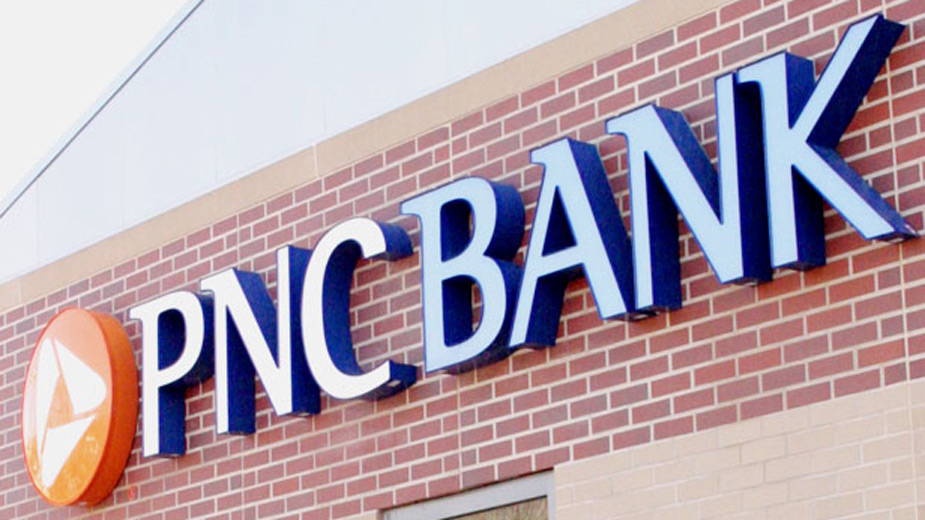$10M from PNC Helps Ensure ‘Smallest of the Small’ Have Access to PPP
YOUNGSTOWN, Ohio – A $10 million investment by PNC will enable Ohio entrepreneurs that are traditionally underserved by mainstream financial institutions to access loans through the Paycheck Protection Program.
On Tuesday, PNC announced it had provided funding to the Columbus-based Economic Community Development Institute, a nonprofit organization dedicated to providing capital to underbanked owners of “the smallest of the small” businesses in the state, said CEO Inna Kinney.
“It’s more important than ever. These are the businesses that no one really pays attention to. They should be paying a lot of attention. Any business in Ohio, or even across the country, with a handful of employees needs to be getting the focus,” she says. “They’re the ones that are going [under] because they don’t have access to capital that’s traditionally available to larger businesses.”
The $10 million from PNC will go toward Paycheck Protection Program loans for businesses that have not yet gotten such loans, she added. Applications will be handled through the Economic Community Development Institute on its website and technical assistance is available. Beyond just small businesses, the second round of PPP loans are also open to nonprofits and religious organizations.
In its semiannual Economic Outlook Survey, PNC reported March 1 that 48% of small and mid-sized businesses are facing challenges just to stay open and 24% can only operate under current conditions for another year. Nationwide, the coronavirus pandemic has had an outsized impact on businesses owned by people of color. An October report released by the Cleveland branch of the Federal Reserve said 58% of Black business owners and 49% of Hispanic business owners reported being financially distressed or at risk, compared to 27% of White business owners. The same report also showed that minority business owners were less likely to have a strong relationship with a financial institution, putting them at a disadvantage in applying for PPP loans.
“Our work with ECDI is to support immigrants, minority groups, women and low-income entrepreneurs. In that first round, [maybe] it was because they didn’t have the resources or knowledge of where to go. Maybe they didn’t have a strong enough relationship to be comfortable approaching their bank for these funds,” says Ted Schmidt, regional president for PNC. “As we’ve come through the second round, we felt this was a great partnership to reach those entities that are much more vulnerable. The data shows they’re being left behind and we’re here to assist them.”
Since Feb. 4, ECDI has already received more than 600 applications for PPP loans, with more than $10 million in the pipeline. Because the nonprofit isn’t a depository institution, it must borrow from banks to fulfill the PPP loans. PNC has been a “phenomenal partner” several years, Kinney says, including $500,000 from the bank last summer for ECDI’s Working Capital Enhancement Loan program.
“This is a significant step to helping these companies. We recognize that most ECDI clients are main street businesses, a lot of them in hospitality or nonessential categories, who have been significantly impacted by the pandemic,” Schmidt says of the $10 million investment. “Supporting our mission of providing resources to those who are underserved, this makes a lot of sense for us. These small businesses are the heartbeat of our economy and they don’t have the resources and reserves to stay afloat if this pandemic continues to negatively impact the economy.”
But the work to ensure an equitable recovery from the pandemic continues beyond just the Paycheck Protection Program loans. At the Economic Community Development Institute, support and technical assistance will help ensure businesses use their funds properly and that the loans will be fully forgiven. In addition to its web portal, the nonprofit also has 60 staff members available at offices in Akron, Canton, Cleveland, Columbus, Toledo and Cincinnati. ECDI is also working to open a seventh site in Portsmouth.
To help offset some of the pressure of using PPP loans correctly, ECDI is also offering capital loans, Kinney said.
“There may be a shortfall that they can’t use that money for. We want to ensure all the PPP loan money is only used for what’s allowed,” she says. “We have to help them and ensure that once they get their PPP loan, that they’re using it for appropriate purposes. Forgiveness is an important part of this, so we have to make sure it’s used for those specific purposes.”
For PNC, the work to ensure businesses come out of the pandemic – whenever it may end – in a strong position. Between the two rounds of the Paycheck Protection Program, the bank has handled 103,000 loans for $13.5 billion. In the second round, which opened Jan. 11, the typical loan size has been smaller, Schmidt says, and the overall volume is about a quarter of what it was the first time through.
“We saw a decrease in the second round but it’s going to the segment of businesses that have been really hit hard – child care, salons, construction subcontractors, retail and all the sectors that aren’t back to 100% of where they were prior to the pandemic,” he says.
Work with community partners such as the Economic Community Development Institute, he continues, will ensure that the recovery from the pandemic doesn’t end with the closing of the Paycheck Protection Program.
“We’ll continue to work closely with our clients post-pandemic through other programs, possibly through the SBA or even what we have here at PNC,” he says. “We know that it’s going to take time for everyone to bounce back. This isn’t a program that’s going to end March 31.”
Copyright 2024 The Business Journal, Youngstown, Ohio.



